The best time to shop for real estate in the Teton Valley is totally dependent on a number of factors, as well as the context of the question. When do we typically see most new inventory come to the market? When are sellers usually most inclined to negotiate? I’ll do my best to break these questions down by the numbers using historical data, but I have to first clarify; The best time to purchase real estate in the Teton Valley is when the property you are looking for comes available. I can’t stress enough in our small market the lack of inventory and new listings at any given time. Choices are always limited, particularly when it comes to specialty properties like those with property features like creeks, streams or rolling terrain – as well as homes with guest homes, unique features, or special locations. Buyer should always be in the habit of monitoring the market closely, and jumping on opportunities when they meet one’s needs. That does not mean that buyers need to jump on the first thing that they see, however.
Land
Historical data has been fairly consistent. May and June have been the biggest months for new listings every year looking back to 2018 (and beyond) with the exception of 2020, which I’ll toss out as a result of The pandemic. Listings almost always begin to ramp up in April, and numbers for new listings begin falling in September. Here again, it doesn’t mean that one should not pursue a purchase during any given month. If a listing comes available that meets a specific set of criteria that has been difficult to find, it should be pursued if the price is right and you intend to close on a property within a set timeline. When it comes to the listing / sales price ratio, the data isn’t quite as definitive. However, it seems to point to sellers being more negotiable during the off-season months, particularly October, November and December. Usually an increase in supply decreases demand, but Teton Valley’s peak tourism season is the Summer months, effectively increasing the demand along with the new supply.
Homes
Residential trends seem to trail land trends by about 1 month. Most new listings come to market late Spring and early Summer, with June and July historically being the peak months for the greatest number of new listings coming to market. New inventory once again dwindles during the off-season months, particularly late Fall and early Winter. Historic trends have shown that new listings tend to pick up once again through the Winter peak season, though new listings are far fewer than Spring/Summer. Once again, the data is not as conclusive when it comes to the listing price / sales price ratio with residential properties, but there does seem to be a trend that shows more negotiation during the offseason months, like we were able to see with land sales.
Summary
The data points to more options and greater inventory during the Spring and early Summer months, with more opportunity for negotiation during the offseason, particularly late Fall and early Winter in both market sectors. Source: Teton Board of Realtors – Teton Valley, ID & Alta, WY
